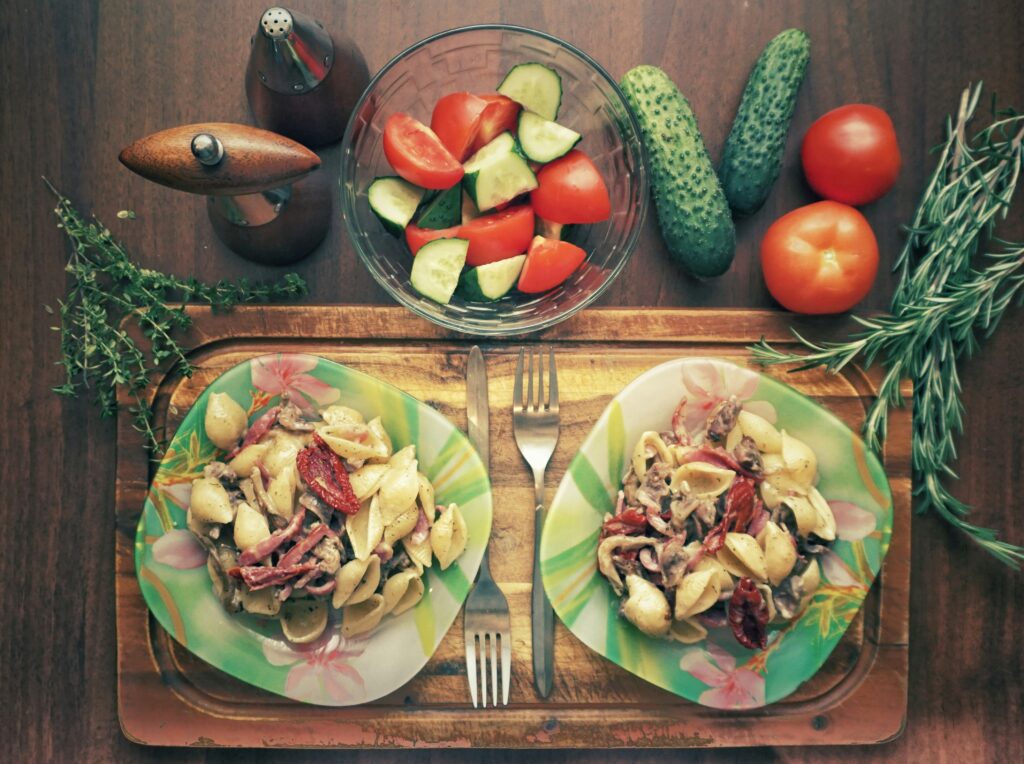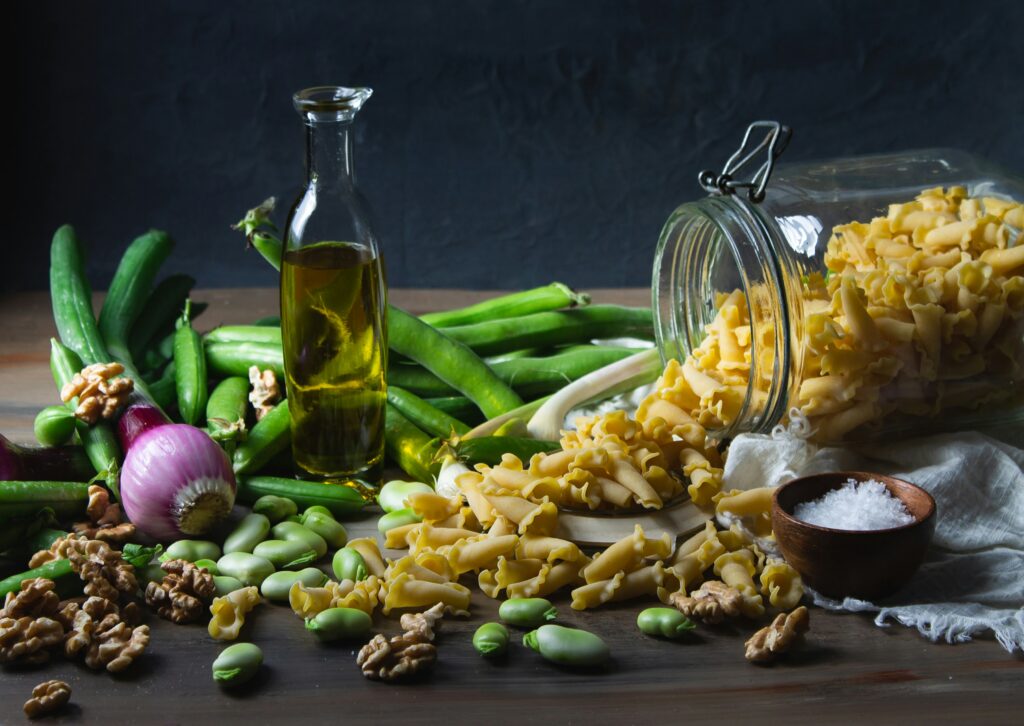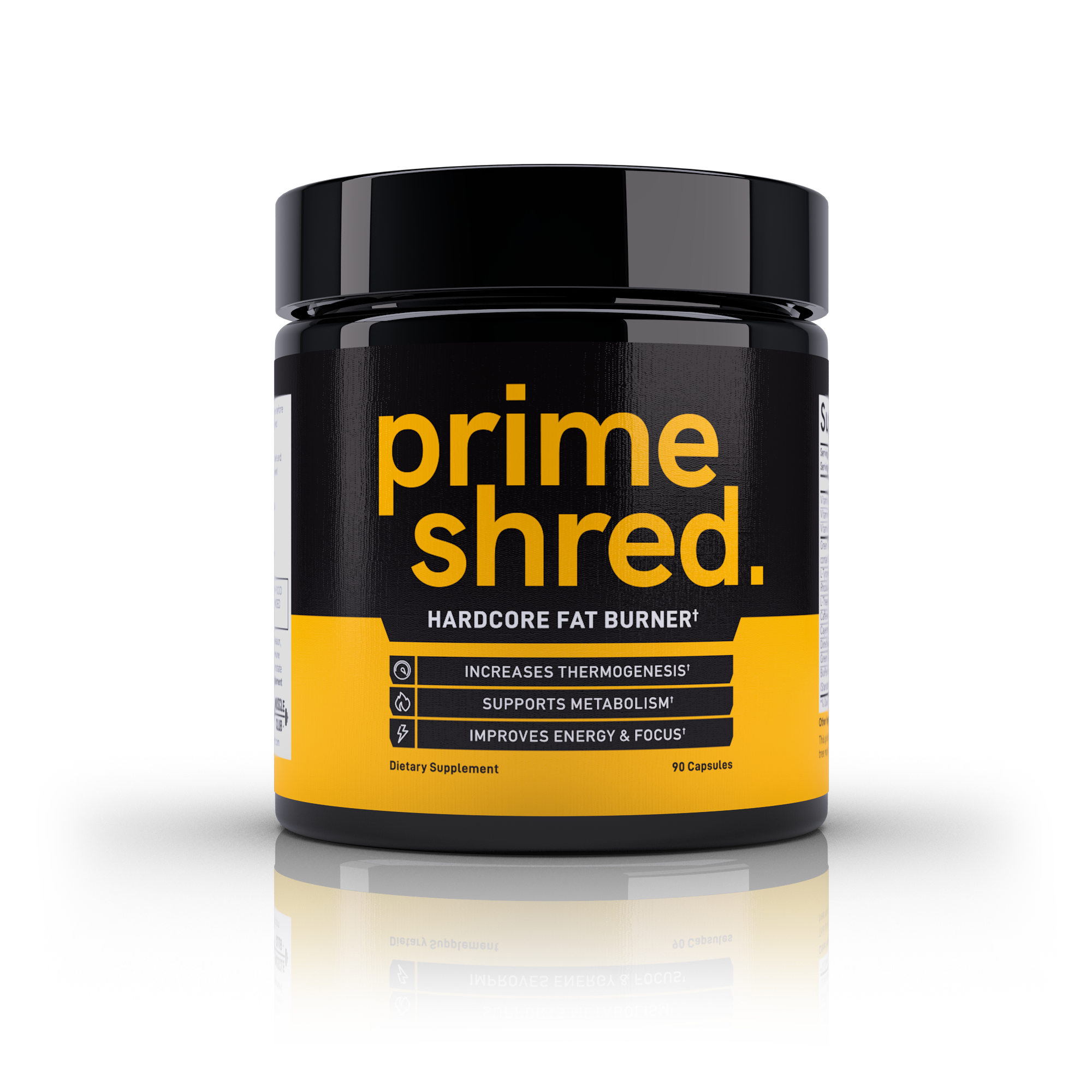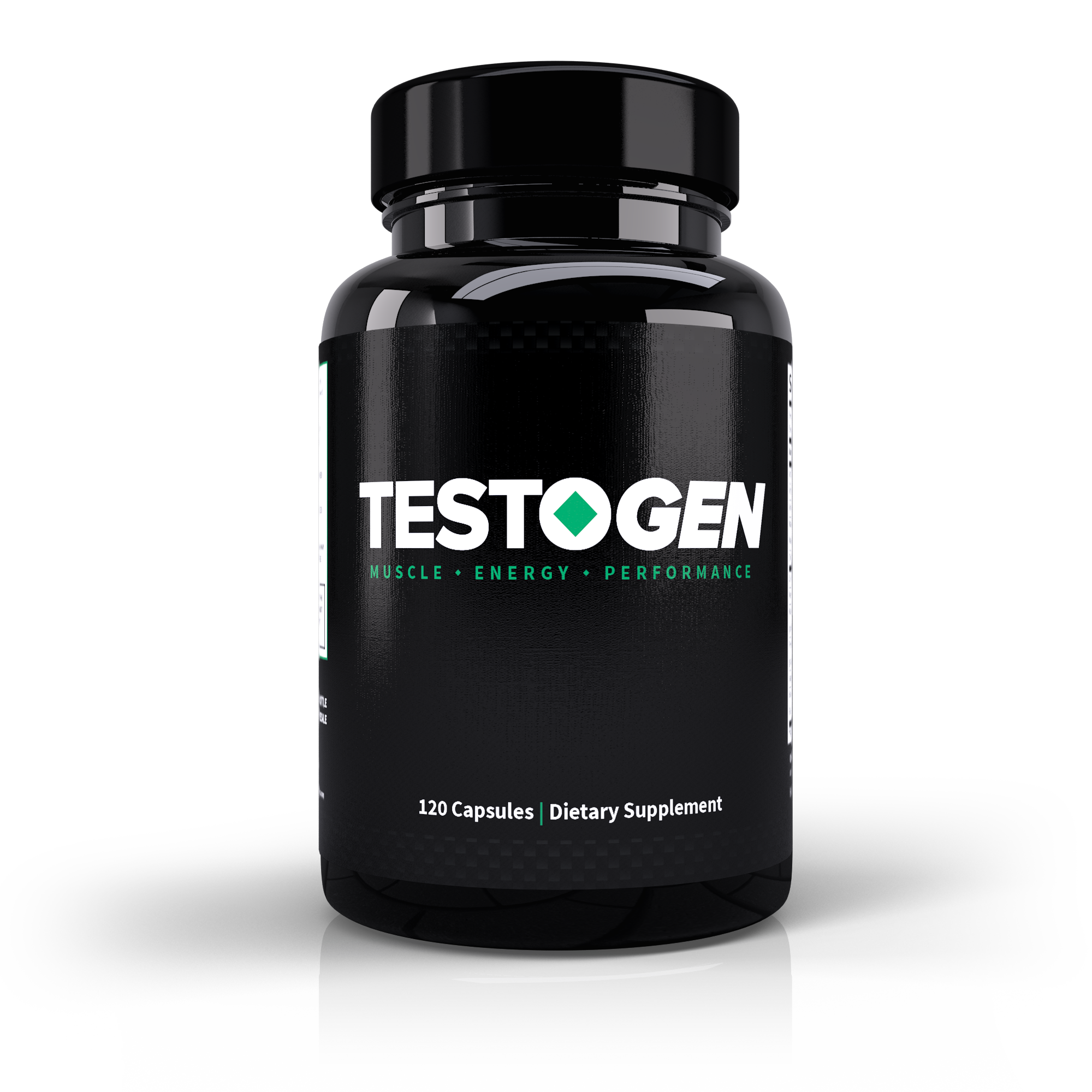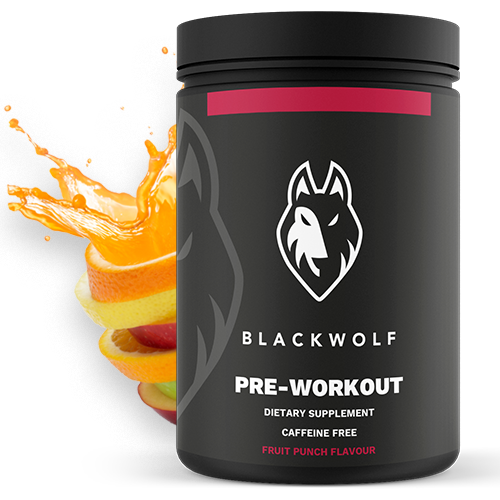Pre Workout
How a High-Protein Diet Boosts Weight Loss: Benefits and Tips
Aiming for weight loss? Packing your plate with protein can be a game-changer. Research shows that a high-protein diet can help you shed fat while preserving muscle and keeping your appetite in check
[1][2]. Unlike some fad diets, a protein-rich approach is backed by science. It increases satiety (you feel full sooner) and even raises the calories your body burns during digestion. Let’s explore how increasing dietary protein supports weight loss and what this means for your meal plan.
Why Protein Aids Weight Loss
Protein and Satiety: Protein-rich foods help curb hunger. When you eat protein, your body signals fullness through hormones like peptide YY and GLP-1. Higher protein intake reduces the hunger hormone ghrelin and increases satiety hormones, so you naturally eat fewer calories
[3][1]. In fact, clinical trials have found that diets higher in protein not only promote weight loss but also preserve lean muscle mass
[3][1].
Higher Thermic Effect: Protein has a higher thermic effect than carbs or fats. This means your body burns more calories digesting protein—about 20–30% of protein calories are used up just in the digestion process
[2][4]. In comparison, carbohydrates use about 5–10% and fat only ~3%. As one dietitian explains, “It takes longer for our bodies to digest protein, which in turn staves off hunger”
[2]. This “metabolic edge” keeps you burning more energy throughout the day.
Muscle Preservation: When you lose weight, you often lose some muscle. A high-protein diet helps prevent that unwanted muscle loss. By supplying enough amino acids, it signals your body to maintain muscle, which is crucial because muscle tissue burns more calories at rest. One review notes that eating more protein than the minimum recommended amount “decreases fat mass while preserving fat-free mass”
[3]. This is why athletes and dietitians often recommend keeping protein intake high during weight loss—aiming for about 1.0–1.2 grams per kilogram of body weight (or roughly 0.5–0.6 g per pound) for fat loss
[5][6].
Protein vs. Carbs and Fats: The Metabolic Advantage
High-protein diets give you more bang for your buck compared to carbohydrate- or fat-heavy diets. First, they boost diet-induced thermogenesis (the energy burned while eating). Second, by preserving muscle, they keep your resting metabolism higher
[7]. Some experts even suggest getting 20–30% of daily calories from protein for weight loss
[8]. For example, on a 2,000-calorie diet, 30% from protein equals about 150 grams (600 calories) of protein
[9]. Spreading this through meals (say ~30-40 g of protein per meal) can make every meal more satisfying and metabolism-boosting.
How Much Protein Do You Need?
Standard RDA is
0.8 g/kg (about 48–56g per day for many adults)
[10][11] – enough to prevent deficiency, but not optimized for weight loss. For weight loss, aim higher. Many sources recommend
0.7–1.0 grams per pound of body weight (1.5–2.2 g/kg) or roughly
25–35% of your calories from protein
[9][6]. For a
150-pound person on 2,000 calories, 30% protein is about 150g of protein daily
[12]. Dietitians also often suggest
1.0–1.2 g/kg (about 80–95g for a 175-lb person) to maximize fat loss and maintain muscle
[5].
Internal Link Suggestion: Use a TDEE/BMR calculator to personalize your calorie and protein targets based on your goals.
Top High-Protein Foods to Include
Choose a variety of lean proteins at every meal. Good examples are chicken, turkey, fish, eggs, low-fat dairy (like Greek yogurt or cottage cheese), and plant proteins such as beans, lentils, nuts, and tofu
[13][14]. For instance, 3 oz of chicken breast has about 25-30g of protein, an egg about 6g, and a cup of Greek yogurt has 15-20g. Combining sources is wise: mixing animal and plant proteins not only provides complete amino acids, but also extra fiber and nutrients
[15][16].
- Lean Meats & Fish: Skinless poultry, lean beef, pork tenderloin, salmon, tuna – about 20-25g protein per 3-oz serving[17].
- Eggs & Dairy: Eggs (~6g each), nonfat Greek yogurt (14-20g per 5 oz), cottage cheese (about 25g per cup)[17].
- Legumes & Grains: Black beans, chickpeas, lentils (6-9g per half-cup), quinoa (8g per cup cooked)[18].
- Nuts & Seeds: Almonds, peanuts, pumpkin seeds (5-7g per ounce) – include in snacks or meals, but watch portions (higher calorie).
ncorporate these foods in balanced meals with vegetables and healthy fats. For convenience, protein powders (e.g., whey or plant-based) can help you hit your targets. Look for powders with ~20-30g protein, low sugar, and quality ingredients
[19][20].
Potential Downsides and Precautions
For most healthy people, a high-protein diet is safe
[7]. Studies report
no harmful effects on bones or kidney function in healthy adults eating high-protein diets
[7]. However, if you have existing kidney issues or certain medical conditions, consult your doctor first
[21]. Also, don’t rely solely on fatty protein sources – for example, eating a lot of red meat could raise your cholesterol
[22]. Focus on lean cuts and plant proteins to keep saturated fat in check.
Lastly, remember that total calories still matter. Protein keeps you full, but overeating any macronutrient can stall weight loss. Use portion control and combine protein with veggies and fiber-rich carbs. Hydration is also key – drinking plenty of water can help your metabolism and offset any constipation that sometimes comes with increased protein
[23].
Actionable Tips to Boost Protein Intake
- Add protein to every meal: Start the day with eggs or Greek yogurt; snack on nuts or cheese; include a serving of meat, fish, or beans at lunch and dinner.
- Plan ahead: Prep chicken, hard-boiled eggs, or lentils on Sunday for easy high-protein meals during the week.
- Use supplements wisely: A protein shake or bar can be a convenient protein boost when you’re on the go (just check ingredients and opt for low-sugar options)[24].
- Track your intake: Consider using a food diary or app to ensure you hit your protein goal, especially early on.
FAQs about High-Protein Diets for Weight Loss
Q1: How much protein should I eat per day to lose weight?
Aim for about
25–30% of your calories from protein. In practice, that’s roughly
0.7–1 gram per pound of body weight. For example, if you weigh 160 lbs on a 2,000-calorie diet, 30% protein is 150g (~600 calories)
[9].
Q2: What are the best protein sources for weight loss?
Choose
lean, whole foods. Good sources include chicken, turkey, fish, eggs, and low-fat dairy like Greek yogurt. Plant options such as beans, lentils, tofu, and quinoa are also excellent
[13].
Q3: Can eating too much protein make me gain weight?
Protein itself is not fattening, but excess calories from any source can lead to weight gain. A high-protein diet usually means reducing some carbs or fats, so it typically doesn’t add extra calories. Just balance your macros and stick to appropriate portions.
Q4: Can I build muscle on a high-protein weight-loss diet?
Yes. Adequate protein supports muscle repair and growth. If you combine a higher protein intake with strength training, you can lose fat while maintaining or even slightly increasing muscle mass
[3][25].
Q5: Do I need protein supplements?
Whole foods should be your priority for nutrients beyond protein. However, supplements can help if you struggle to reach your protein goals. Whey or plant protein powders are convenient and effective
[24][19]. Just choose a high-quality brand (look for NSF certification or third-party testing
[26]).
Q6: Are plant proteins as effective as animal proteins?
Plant proteins can be just as beneficial for weight loss when eaten in variety. Some plant sources (like soy or quinoa) are complete proteins. Combining different plant proteins (beans + rice, for instance) covers your amino acids. Plus, they add extra fiber and nutrients to your diet
[15]
Conclusion
A high-protein diet is one of the most effective and science-backed ways to lose weight healthily. By boosting your intake to the higher end of recommendations, you’ll feel fuller, burn more calories through digestion, and protect your muscle mass during fat loss
[7][5]. Try incorporating more lean meats, dairy, and legumes into your meals, and consider tools like our calorie/TDEE calculator to fine-tune your nutrition plan. Have questions or favorite high-protein recipes? Drop a comment below and share your experience! If you found this helpful, please share it with others who might benefit.
Top 3 Pre-Workout Supplements
Still Deciding? Compare All Top Pre-Workouts
Our comparison tool lets you stack up ingredients, pricing, and user ratings side-by-side.
You May Also Like
Stim-Free Pre-Workouts That Actually Work
Stim-Free Pre-Workouts That Actually Work
Stim-Free Pre-Workouts That Actually Work
